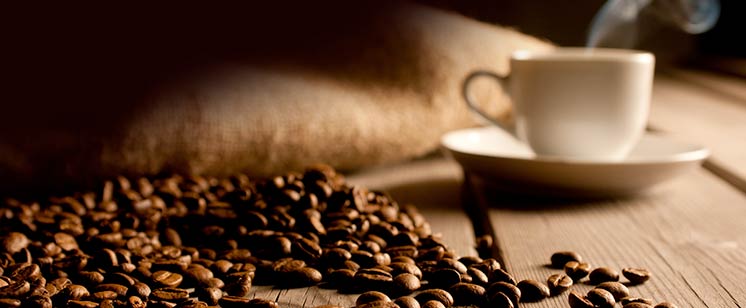Ancient civilizations included enemas in their cleansing rituals. The pharaohs of Egypt had their ‘guardians of the anus’ who specialized in administering the enemas and keeping their bowels clean. In the 1700s, enemas were a common practice in Europe, and were considered indispensable for vibrant health.
At the turn of the 20th century, scientists in Germany noticed that caffeine opened the bile ducts and stimulated the production of bile in the liver of laboratory animals. Coffee enemas were even included in the Merck Manual, which is the medical doctor’s “bible,” until 1972.
What exactly is an enema? Enemas involve the insertion of a slim tube into the rectum, and then introducing fluids such as coffee or water into the large intestine. This is best accomplished while lying on the left side with knees slightly bent. The amount of fluid can vary from one to four litres, depending on what the need may be. Retaining the enema for 15-20 minutes provides the best results.
The benefits of the coffee enema are primarily due to the detoxification of the liver, and not necessarily the emptying of the lower bowel. With the barrage of chemicals we are exposed to every day, as well as internal toxins produced from daily metabolism, the liver can become overloaded and burdened with an excessive amount of toxicity.
As the coffee sits in the bowel, the fluid is absorbed through the intestinal wall into the blood stream, specifically through the portal vein of the liver. This carries the stimulating effects of the caffeine and other phytochemicals into the back door of the liver, so to speak, and stimulates the liver and gall bladder. Since fresh blood flows through the liver every 3 minutes, the detoxification of the liver is quite significant during those 15-20 minutes.
Aside from the detoxification of the liver, coffee enemas provide certain phytochemicals, specifically kahweol and cafestol. These nutrients activate glutathione, which is a primary antioxidant in the cell. Detoxification on a cellular level is key to healing and creating vibrant health.
Both kahweol and cafestol have displayed anti-cancer properties in laboratory studies.
The Reuseable Large Volume 1500ml Bagenema Set is available.





